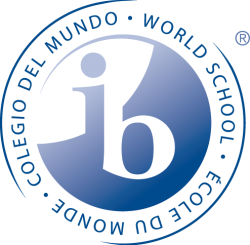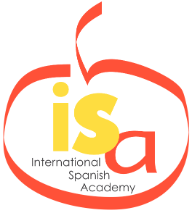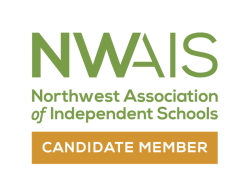Accreditations, Authorizations & Memberships
 International Baccalaureate (IB)
International Baccalaureate (IB)
The IB Primary Years Programme, offered at over 900 authorized schools worldwide, is a guided inquiry-based teaching method that centers on student questions. Rather than working through a standard lesson and learning facts, students study a central idea by creating and exploring their own questions.
Through this concept-driven process, students gain deep content understanding while learning the skills to acquire, organize, and communicate knowledge. It is those skills that enable children to become independent learners, capable of pursuing knowledge beyond the classroom and throughout life.
Each PYP unit begins by assessing students’ prior knowledge on a central idea and pre-determined lines of inquiry. Then the students formulate questions based on what they want to know about the topic.
Those student questions start the cycle of inquiry that guides every PYP lesson. Teachers support the student-led inquiry with age-appropriate resources and activities to guide and structure the learning. It’s an approach that works at every grade level to provide challenges for every student.
ISP was the first IB Primary Years Programme school in the Northwest, authorized in March 2010.
International Spanish Academy (ISA)
Since November 2006, ISP has been an International Spanish Academy (ISA), part of an international cooperative educational project between American schools and the Ministry of Education and Science of Spain.
“International School of Portland was selected because of its excellence in the teaching of the Spanish Language and Culture,” Maria del Mar Torres Ruiz, Education Attaché in the Education Office of the Consulate General of Spain said at the announcement. “International School of Portland is the only private school to have reached the status of ISA.”
As an ISA, International School of Portland has access to resources such as language and culture assistants, school exchanges, materials and teaching resources, scholarships for summer institutes, visiting teaching specialists, and professional development for teachers. In addition, ISP participates in the North American network of ISAs and has connections to other Spanish and international organizations devoted to the promotion of the Spanish language and culture.
International Spanish Academies must:
- Provide over fifty percent of instruction in Spanish, with reading, writing, math, science, language arts and social studies taught in Spanish;
- Guarantee that students will attain oral and written competence in Spanish and English for both academic purposes and interpersonal communication;
- Provide instruction in Spanish language communication, cultures of Spanish-speaking nations, and comparisons of languages and cultures;
- Foster the use of the Spanish language both within and outside the school environment.
“Children become fluent in language and culture when they are fully immersed with all subjects taught in the target language,” said ISP Principal Maria Abad. “The Spanish government’s recognition of our full immersion approach brings even more resources to the children and teachers.”
The ISA program was formed by the Spanish government to develop quality Spanish-English education which will promote high academic standards for all students. The program’s goals include providing students with the values of multicultural education and fostering international relations and the understanding between cultures.


NAIS
The National Association of Independent Schools (NAIS) is a nonprofit membership association that provides services to more than 1,800 schools and associations of schools in the United States and abroad, including more than 1,500 independent private K-12 schools in the U.S.

NWAIS
The Northwest Association of Independent Schools is a nonprofit membership association that provides accreditation, professional development and support services to over 110 schools in Alaska, British Columbia, Idaho, Montana, Nevada, Oregon, Utah, Washington and Wyoming. NWAIS shapes the future of education by fostering transformative school leadership and advancing, energizing and sustaining regional independent schools.

